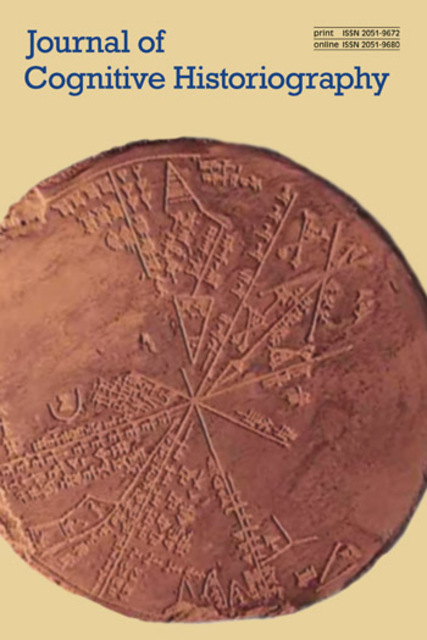“Big Gods” in Ancient Mesopotamia: The Cultural Evolution of Supernatural Protectors

Full description
According to the Big Gods Theory, religions with beliefs in moralizing supernatural agents were culturally selected because they enhanced in-group cooperation during intergroup competition and conflict (e.g. Norenzayan 2013). According to the supernatural punishment hypothesis (SPH), this was possible because such agents were culturally represented as punitive and wrathful (e.g. Shariff and Norenzayan 2011). These gods activated reputational concerns, fears of punishment, and social compliance among believers. I examine evidence for the SPH from ancient Mesopotamia based on the cultural evolution of beliefs in the god Marduk. I argue that, contrary to the SPH, Marduk and other ancient Mesopotamian gods were often imagined to be both punitive and benevolent. I examine potential psychological and ecological factors involved in the cultural transmission of beliefs in these supernatural protectors alternative to those proposed by the SPH. I raise general questions concerning collecting and interpreting big data as evidence for Big Gods.
- typeImage
- created on
- file formatjpeg
- file size76 KB
- container titleJournal of Cognitive Historiography
- creatorKarolina Prochownik
- issnISSN 2051-9680 (online)
- issue7.1/2
- publisherEquinox Publishing Ltd.
- publisher placeSheffield, United Kingdom
- doi
We use cookies to analyze our traffic. Please decide if you are willing to accept cookies from our website. You can change this setting anytime in Privacy Settings.
